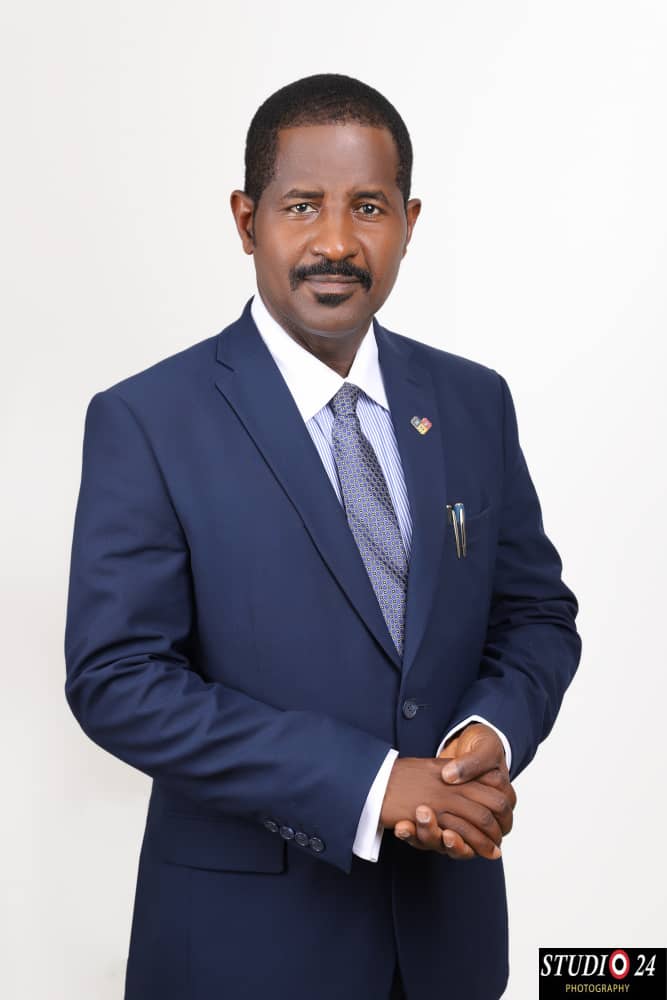By Barnabas Esiet.
Dr. Bashir Gwandu, a renowned telecom expert and former Acting Executive Vice Chairman and CEO of the Nigerian Communications Commission, has urged African countries to unite in their efforts to secure 600 megahertz (MHz) band mobile spectrum allocations.
This call to action was made at the 9th Sub-Sahara Spectrum Management Conference 2024, held in Nairobi, Kenya, where Dr. Gwandu emphasized the importance of cooperation among African nations.
The 600MHz band is a crucial frequency range that supports 4G and 5G networks, and many countries worldwide are allocating this band for IMT. However, some African countries are hesitant to make the switch to co-primary allocation.
At the World Radiocommunications Conference 2023 (WRC-23), eleven African countries requested primary mobile allocation of spectrum and IMT identification in the 614-694MHz band, but only Egypt’s request was granted.
Countries like Rwanda, Guinea, Benin Republic, and Cameroon blocked requests from ten other African nations, including Nigeria, Senegal, and Tanzania.
Dr. Gwandu expressed disappointment at the lack of collaborative efforts among African countries, stating that fighting for the status quo is akin to refusing an available front seat and fighting for a back seat.
He emphasized that reasonable countries find solutions to accommodate their neighbors’ needs instead of blocking them.
The 600MHz band issue is clear: the world is moving towards IMT in this band, and most countries will eventually adopt it.
Dr. Gwandu urged African countries to work together, have positive dialogue on challenges, and optimize opportunities.
He also stressed the need to provide regulatory certainty to different industries and consider unique circumstances of each country, such as geographical size, population, and data demand.
The African Telecommunication Union (ATU) was encouraged to remain effective by following its rules.
Dr. Gwandu, who played a key role in founding the ATU WRC coordination meetings, expressed disappointment at the continent’s waning focus on collaborative efforts.
In his presentation, “The shape of Post-WRC spectrum ecosystems,” Dr. Gwandu called for cooperation among African countries at the forthcoming World Radiocommunications Conference 2027 (WRC-27) to enter Footnote 5.307A, which are radio regulations used to make spectrum allocation for countries.
The telecom expert’s call to action emphasizes the importance of unity and cooperation among African countries in securing 600MHz band mobile spectrum allocations.
By working together, African nations can promote harmonization, provide regulatory certainty, and support the growth of their respective telecommunications industries.









Comment here